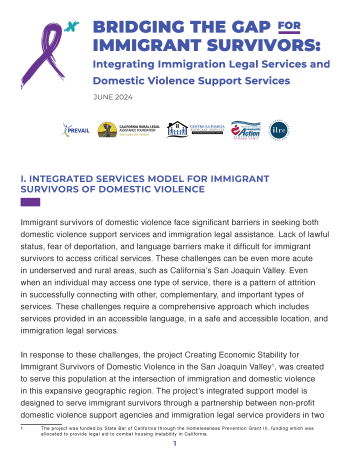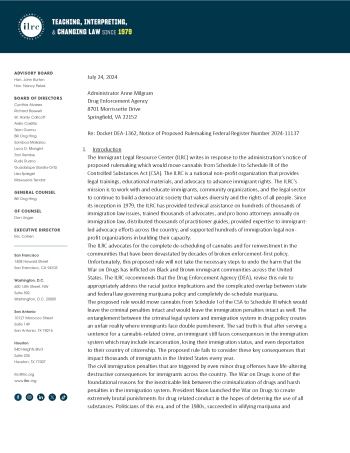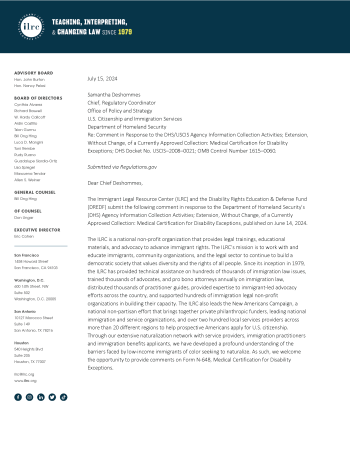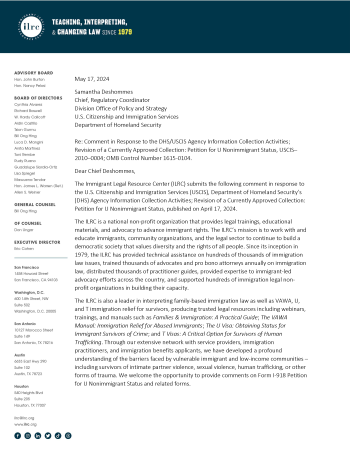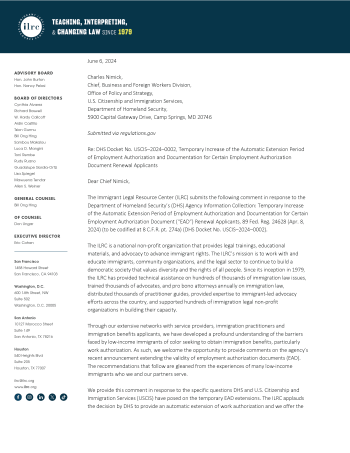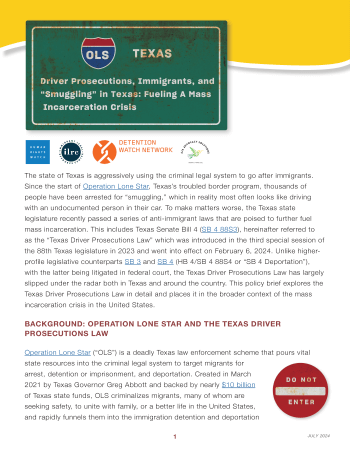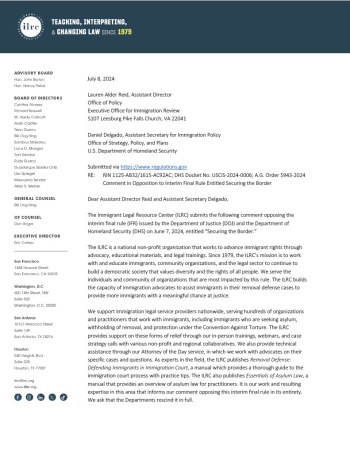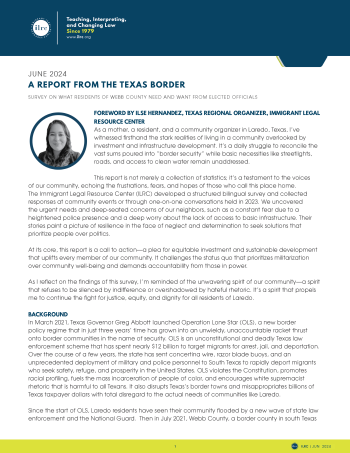The Immigrant Legal Resource Center (ILRC) immigration attorneys’ expertise focuses on family-based immigration, humanitarian relief, naturalization and citizenship, immigration enforcement, and removal defense.
Since 1979 we have helped expand the immigration expertise of attorneys, nonprofit staff, criminal defenders, and others assisting immigrant clients.
In addition to authoring the ILRC’s practice manuals, our expert attorneys have been published by Continuing Education of the Bar (CEB), American Immigration Lawyers Association (AILA), ILW.com, Huffington Post, Sargent Shriver National Center on Poverty Law, Center for Law and Social Policy, The Hill, LexisNexis Emerging Issues, and Fox News Latino.
We have also provided training to National Council of Juvenile and Family Court Judges, National Association of Criminal Defense Lawyers, American Immigration Lawyers Association (AILA), American Bar Association Commission on Immigration, Federal Bar Association, The State Bar of California, Legal Aid Association of California, Judicial Council of California and more.
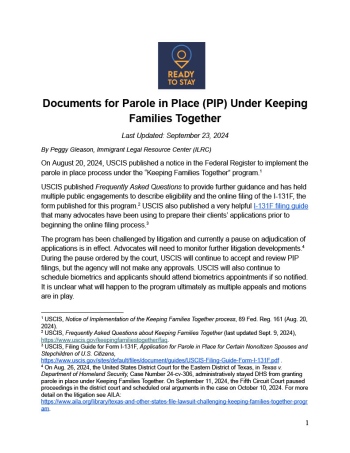
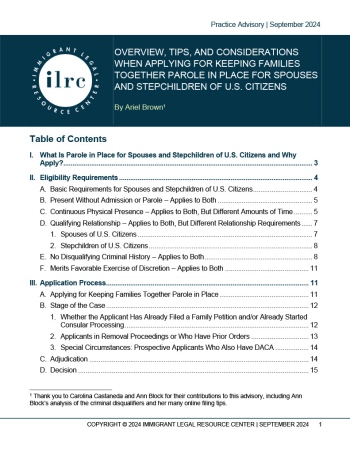
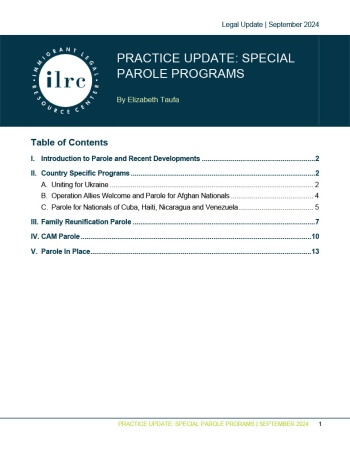
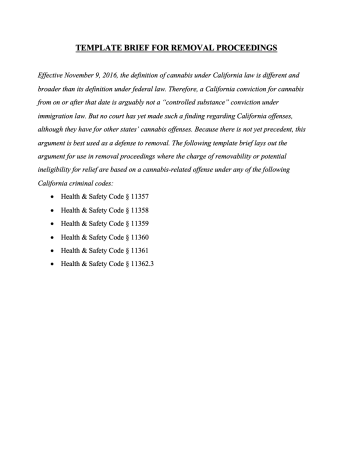
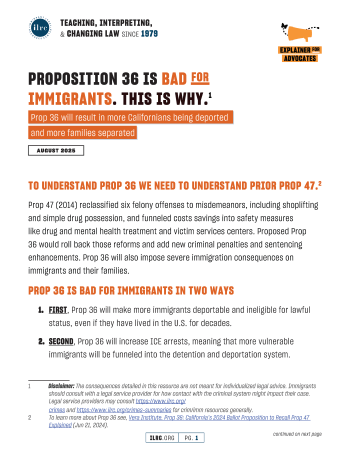
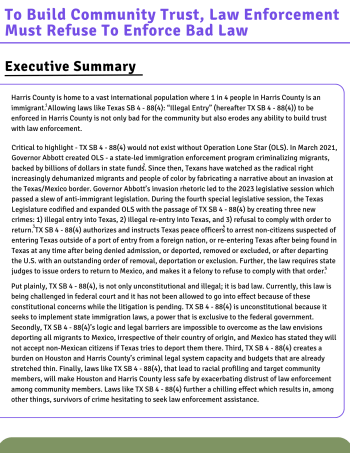
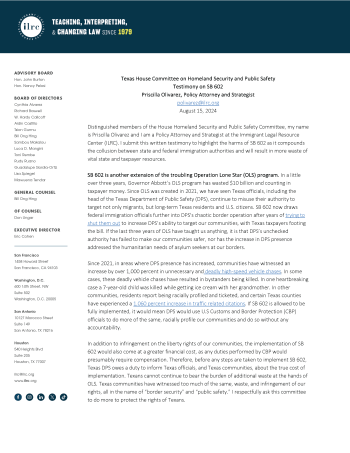
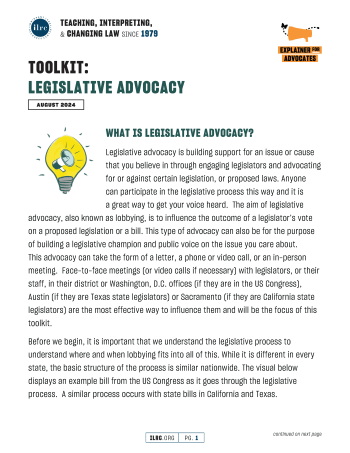
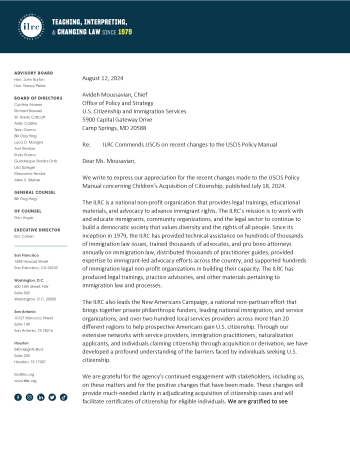
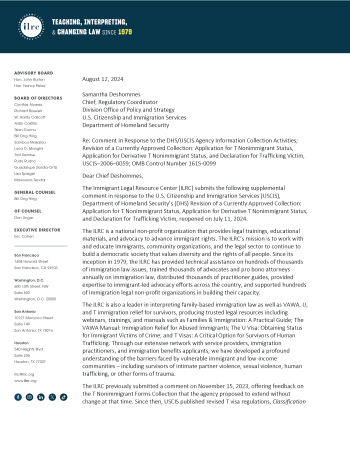
Tags: U Visa/T Visa/VAWA
For a 14-day period (and possibly longer), USCIS will NOT be able to approve applications, even though applicants can still file their request for PIP. The filing fee of $580 is due at the time of filing and applicants may lose out on that fee, if they decide to apply and USCIS continues to be restricted from processing requests. As always, it will be crucial to speak with a qualified immigration legal services provider before anyone decides to file.
